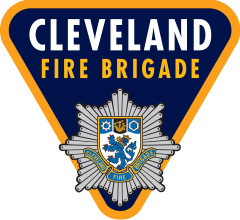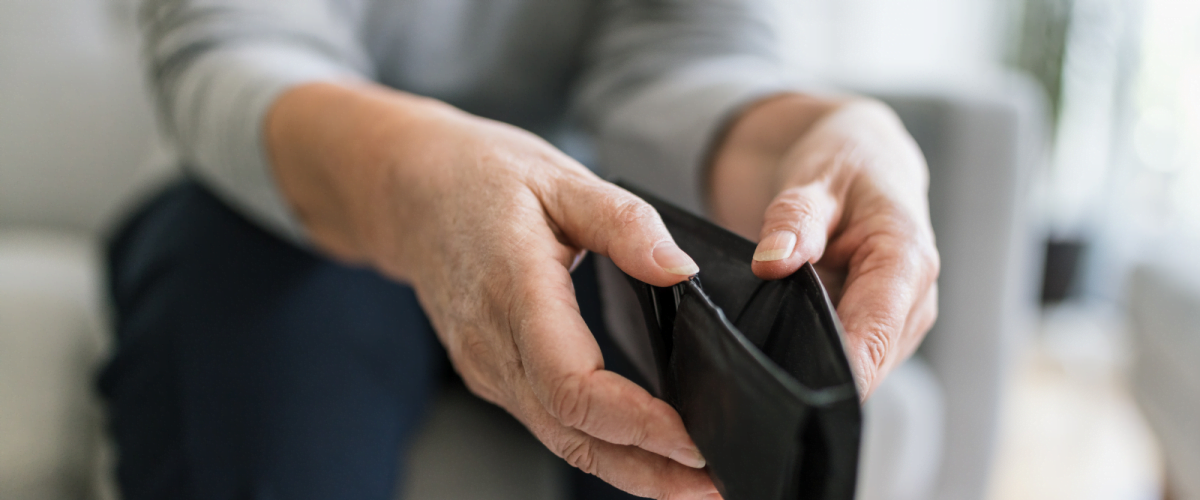Stay Fire Safe this winter
As the cost-of-living soars across the UK, we are all looking at ways to reduce our energy bills, however it’s important to stay Fire Safe this winter and take extra care to protect yourself and your loved ones from accidental fires and carbon monoxide poisoning when heating your home this winter.
Follow our guidance from the NFCC’s ‘Stay Fire Safe’ campaign to help reduce the risk of fire in your household.
Online Home Fire Safety Check
Take the online home fire safety check to receive personalised fire safety advice and top tips on how to keep you and your family safe from fire this winter.
Click here to access the online tool – for those most at risk of fire we can also arrange visits to the home.
Alarms and Detection
It’s crucial to have working smoke alarms in your home – at least one on each level of the home.
Where you have a heating appliance that doesn’t run off electricity, we recommend installing a carbon monoxide alarm – it’s the only way to detect this harmful, colourless, odourless gas which can be fatal.
- Check alarms are working by pushing the test button at least once a month
- It’s important that where people are able to only heat one room and are using that for both living and sleeping they can clearly hear alarms so they can be alerted to a fire or dangerous levels of carbon monoxide when asleep
- Changes to regulations now mean landlords must fit smoke alarms in all homes and carbon monoxide alarms where there is fixed combustion heating appliance in rented accommodation
- We advise tenants to ensure their landlord is complying to help keep them safe
Using Alternative and Potentially Dangerous Heating Methods
We understand that many people are going to be struggling to stay warm during the colder months and may look at alternative heating methods, however some of these can be incredibly dangerous and will increase the risk of fire to your home.
Follow our tips below to stay safe:
- If using portable heaters, take a minute to check they are still in good working order and not subject to a product recall https://www.gov.uk/product-safety-alerts-reports-recalls
- Electric heaters should be plugged into a wall socket – do not use extension leads as they can easily be overloaded and cause a fire
- If you regularly use emollients, it’s important not to sit or dry fabrics close to heaters and fireplaces. Fabrics even if washed will have flammable residue on them
- Open fires and wood burning stoves may be a cosy way to keep warm but please use the right fuel to avoid fire risk and toxic fumes
- If you’ve put off having your usual gas safety check, please book one now to prevent carbon monoxide poisoning, gas leaks and explosions in your home. If you’re a homeowner and are concerned about the cost, you might be able to get a free check via your energy provider’s Priority Services Register
- How are your loved ones heating their home? Please check on family, friends and vulnerable people who you think could be struggling to heat their home or are using new ways of keeping warm. Fire services can help and have advice to keep them safe Online Home Fire Safety Check
Electrical Safety
Due to high energy costs we appreciate that people on tariffs may run appliances overnight in an attempt to reduce bills.
Our advice is where it is practically possible, people should avoid leaving appliances such as washing machines, tumble dryers or dishwashers running unattended overnight.
If you have to run your appliances overnight it is imperative to follow the safety advice to reduce the risk of a fire
- Make sure your home is fitted with working smoke alarms and test them regularly
- Register your appliances with the manufacturer – even if they are older or second hand
- Don’t overload your plug sockets as this can lead to overheating
- Clean all filters regularly as per the manufacturer’s instructions
- Check the cables and plugs of your appliances for any signs of wear and tear
- If you’re concerned about an appliance in your home, use Electrical Safety First’s online product checker to see if has been recalled
- If you think there might be a problem with your appliance, unplug it and contact the retailer, manufacturer or a qualified repair technician as appropriate
- These simple checks could save your life
Stay Fire Safe when using candles
Many of us enjoy using candles, tea lights and scented candles at home, but if left unattended an open flame can destroy your home in minutes.
Follow our advice to keep your home safe.
- If you’re having to use candles for light make sure you put them in a suitable holder and away from materials that may catch fire such as curtains and other fabrics
- When using candles don’t forget how many you have lit. Never leave lit candles unattended and make sure they are all out completely at night or when you go out
- If you’re using candles more, you may have more lighters and matches to hand. Don’t forget to keep them out of reach of children
- Place lit candles out of reach of children and pets. Make sure they can’t be knocked over by children or pets
- Lit candles can easily set fire to loose clothing or hair. Remember if clothing should catch fire Stop, Drop and Roll
Cooking
Did you know over half of accidental home fires start in the kitchen, making it the most dangerous room in your home?
As people look to save money on cooking it may be tempting to use alternative methods of cooking, however these can be incredibly dangerous. Follow our safety advice to keep you and your family safe.
- It might be tempting to use a camping stove or barbecue indoors but remember these products must only be used outdoors. Indoors they are a carbon monoxide and fire risk
- Barbecues, including disposable must not be used on a balcony. They pose a carbon monoxide and fire risk
- Whether you have a gas or charcoal barbecue remember they must never by used indoors. Protect yourself from carbon monoxide poisoning
Smoking
Smoking is the number one cause of accidental fire deaths in the UK. If you smoke at home it’s safer to smoke outside if you can.
Follow our tips below to keep you safe:
- The best way to prevent smoking related fires is to quit smoking. But if you’re not ready yet follow our safety advice to reduce your risk of fire
- Smoking is the biggest cause of fire fatalities in the home. Those at greatest risk are older, vulnerable or have mobility problems. Help reduce these preventable deaths by quitting smoking. If you or a loved one does smoke our online safety check can give you advice to Stay Fire Safe
- Smoking is the number one cause of accidental fire deaths in the UK. If you smoke at home it’s safer to smoke outside if you can
- Never smoke in bed or in a chair where you might fall asleep
- If you’re spending more time in fewer rooms and you choose to smoke indoors regularly empty ashtrays, make sure they can’t be knocked over and keep smoking materials away from anything that could catch fire
- If you’re not ready to quit smoking don’t be tempted to save money by buying counterfeit cigarettes. They increase the risk of fire. Click here to view a real life case study on illegal cigarettes
Advice and tips
To help keep you safe:
- Check any heating appliances are in good working order and not subject to a product recall by checking the Office for Product Safety and Standards website for any alerts or recalls
- Ensure flammable items such as furniture and drying clothes are placed well away from heaters and fires
- Ensure you use the correct fuel for woodburning stoves and open fires – to reduce the risk of toxic fumes, chimney fires and carbon monoxide poisoning
- Check your escape routes, make sure they are clear from clutter and items such as portable heaters are not blocking them
- If possible don’t skip servicing of boilers and gas appliances by a Gas Safe engineer to prevent gas leaks and CO poisoning. Landlords must arrange for an annual gas safety check in rented accommodation. If you’re a homeowner check your energy provider’s website for information about their Priority Services Register – if you’re eligible they often offer a free annual gas safety check along with other support
Useful links
For more helpful tips on how to stay fire safe see the below links:
- Click here for more of our home fire safety tips
- Click here to view advice from Citizens Advice
- Click here to view more information on the Government’s Help for households campaign
- Click here to view all available grants
- Click here to view more information from National Energy Action
- Click here for more advice on Shelter





